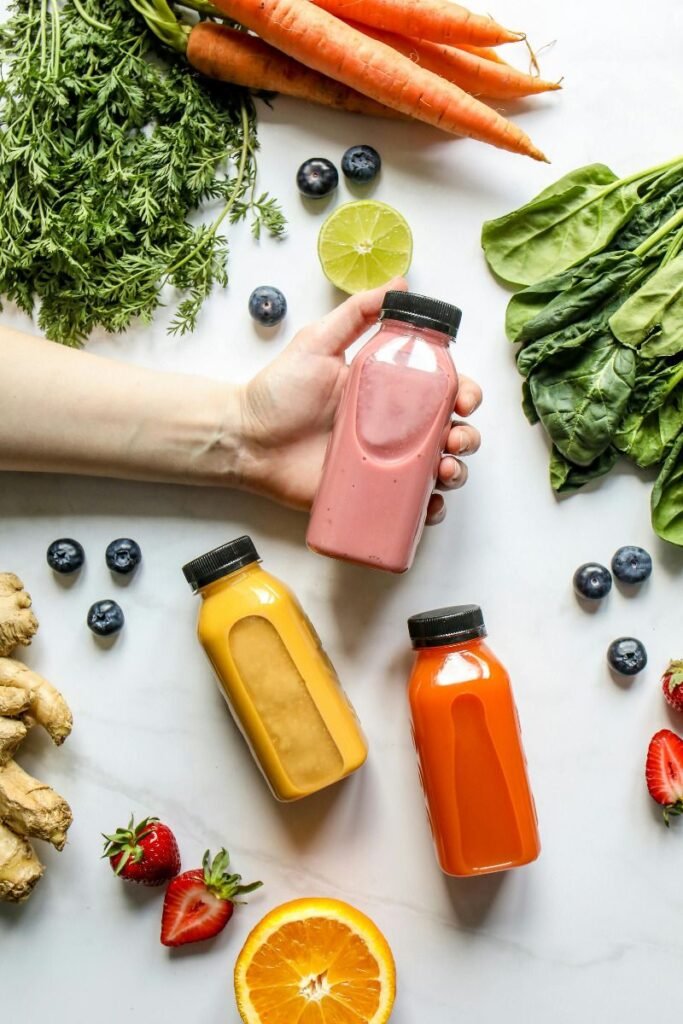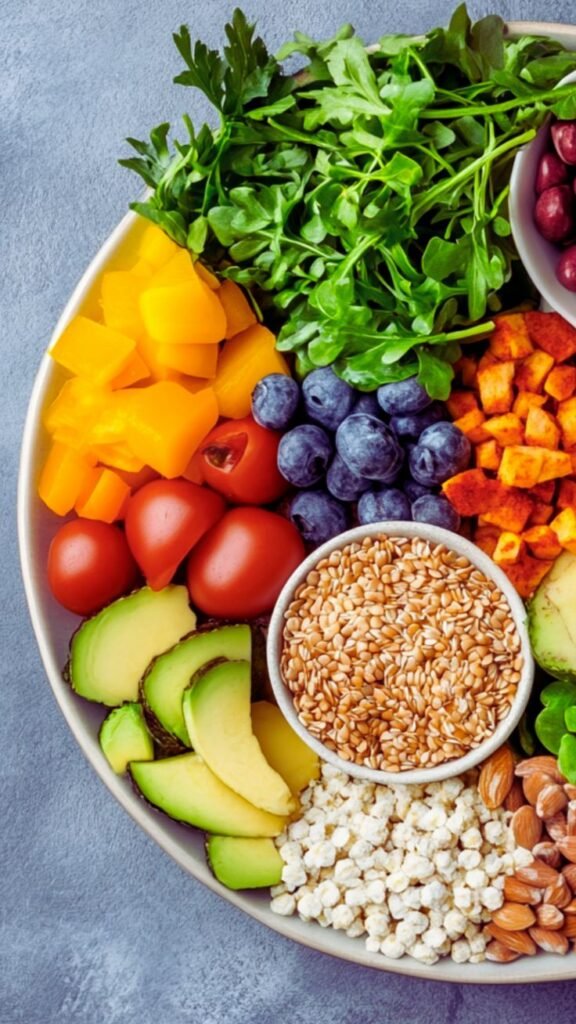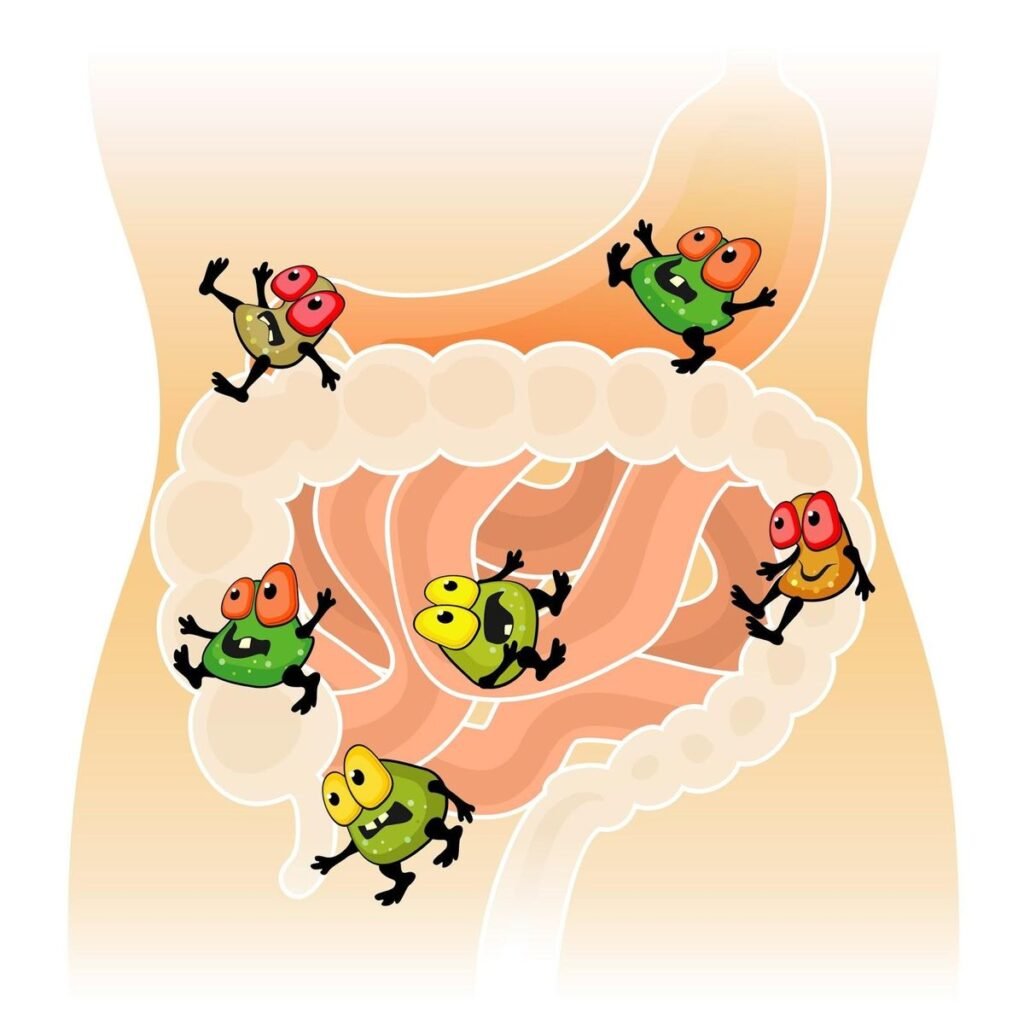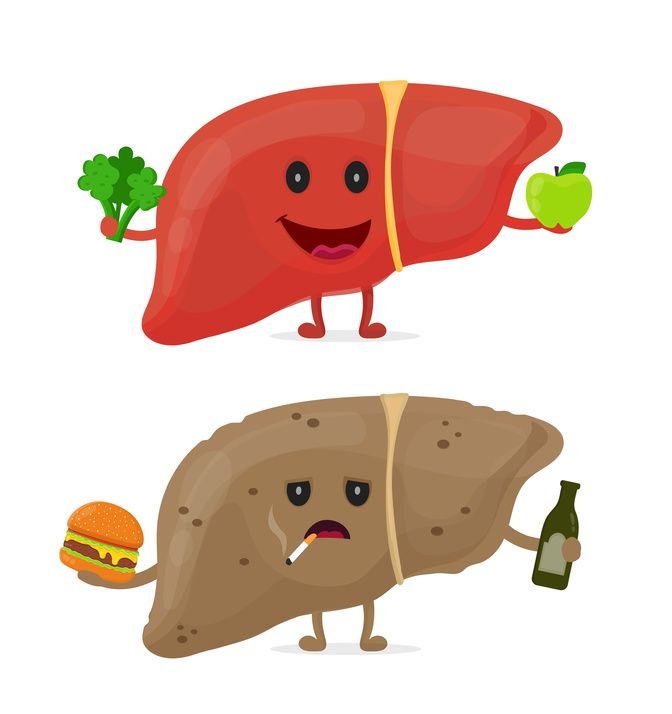11 Healthy Salad Recipes: Must-Try Delicious and Easy!
11 Healthy Salad Recipes: Must-Try Delicious and Easy! Welcome, Wellness Warriors, to a culinary journey that promises to revolutionize your plate and invigorate your body! In our pursuit of a truly healthy lifestyle, we often seek out delicious yet nutritious meals. And when it comes to combining both, nothing quite shines like the humble salad. Forget the days of boring salads; we’re here to usher in an era of vibrant, flavor-packed, and genuinely satisfying healthy salad recipes that will become staples in your weekly rotation. For too long, salads have been relegated to the side dish, an afterthought, or a punishment for overindulgence. But a well-crafted salad, brimming with fresh ingredients, can be a complete, healthy meal—a powerhouse of vitamins, minerals, fiber, and plant-based protein. It’s an easy way to pack in an incredible array of nutrients, boosting your energy, supporting your digestion, and even enhancing your mood. At Wellness Warriors, our mission is to empower you with factual, well-explained information that helps you make informed choices for your health. That’s why we’ve meticulously curated 11 of the best salad recipes that are not only incredibly tasty but also meticulously balanced for optimal health benefits. Each recipe demonstrates how to achieve the perfect balance of flavors and textures, transforming your perception of what a salad can be. Let’s dive into the delicious world of salads that are far from your grandmother’s plain iceberg lettuce! Healthy Salad Recipes: More Than Just Leaves Before we unveil our top 11, let’s briefly touch upon what makes a salad truly “healthy.” It’s about more than just fresh greens. It’s about incorporating a diversity of textures and flavors, ensuring a good mix of macronutrients (carbohydrates, proteins, healthy fats), and maximizing micronutrients. Think beyond just lettuce. Consider a base of various leafy greens like spinach, arugula, or mixed spring greens. Add lean proteins such as grilled chicken, fish, or plant-based options like chickpeas and lentils. Don’t shy away from healthy fats found in olive oil, avocado, nuts, and seeds. And, of course, the vibrant array of fresh vegetables and fruits provides essential vitamins, including a generous dose of Vitamin C. The best part? Many of these delicious salad recipes are perfect for meal prep, making your healthy eating journey even more convenient. 1. The Mediterranean Dream: Quinoa & Chickpea Salad Our first contender is a true powerhouse, a hearty salad that brings the vibrant flavors of the Mediterranean straight to your plate. This quinoa salad is a testament to how satisfying a plant-based protein can be. Ingredients: Cooked quinoa, chickpea salad, cherry tomatoes (halved), cucumber (diced), red onion (thinly sliced), Kalamata olives, fresh parsley. Dressing: Olive oil, lemon juice, a hint of Dijon mustard, salt, and pepper. Why it’s healthy: Quinoa is a complete protein and an excellent source of whole grains. Chickpeas provide fiber and protein, while the fresh vegetables offer a bounty of antioxidants. This is a fantastic full meal and a great option for those looking for best vegetarian recipes. 2. The Emerald Goddess: Vibrant Kale Salad with Lemon Vinaigrette No list of healthy salads would be complete without the mighty kale salad. Kale, a true superfood, is packed with vitamins A, C, and K. The key to a delicious kale salad lies in proper preparation and a bright dressing. Ingredients: Destemmed and thinly sliced kale, thinly sliced red cabbage, grated carrots, sunflower seeds. Dressing: A zesty lemon vinaigrette made with olive oil, fresh lemon juice, a touch of maple syrup, and a pinch of salt. Why it’s healthy: Kale’s robust texture stands up well to dressing, making it a perfect perfect meal prep salad. The massage of the kale with the dressing helps break down its tough fibers, making it more digestible and flavorful. Sunflower seeds add healthy fats and crunch. READ MORE: 10 High-Protein Salads for Sustainable Weight Loss 3. The Protein Punch: Grilled Chicken & Spinach Power Bowl For those who prefer a more traditional protein, our chicken salad option takes center stage. This isn’t your average chicken salad; it’s a vibrant, nutrient-dense bowl designed for maximum energy. Ingredients: Grilled chicken breast (sliced or shredded), fresh spinach salad base, bell pepper (diced), cucumber (diced), avocado (diced), a sprinkle of sesame seeds. Dressing: A light lemon dressing or a simple olive oil and red wine vinegar mix. Why it’s healthy: Lean protein from chicken, iron and folate from spinach, and healthy fats from avocado make this a truly balanced and satisfying main dish. It’s a go-to for refueling after a workout. 4. The Sweet & Savory Delight: Roasted Sweet Potato & Goat Cheese Salad This sweet potato salad embodies the essence of fall salads, showcasing the natural sweetness of roasted vegetables perfectly complemented by tangy goat cheese. Ingredients: Roasted sweet potatoes (cubed), mixed greens, crumbled goat cheese, toasted pecans or walnuts, dried cranberries. Dressing: A maple-balsamic vinaigrette. Why it’s healthy: Sweet potatoes are rich in beta-carotene and fiber. The combination of sweet and savory flavors makes this an incredibly appealing and tasty salad. 5. The Classic Reimagined: Lighter Caesar Salad with Greek Yogurt Dressing The Caesar salad is a beloved classic, but often it’s laden with heavy dressings and croutons. Our version lightens it up without sacrificing flavor, proving that healthy eating doesn’t mean giving up your favorites. Ingredients: Romaine lettuce, whole-wheat croutons, shaved Parmesan cheese, grilled chicken or roasted chickpeas. Dressing: A creamy homemade dressing made with Greek yogurt, lemon juice, Dijon mustard, minced garlic, and a touch of Worcestershire sauce. Why it’s healthy: By using Greek yogurt, we drastically cut down on unhealthy fats while boosting protein. It’s a great example of how to make favorite salad options healthier. READ MORE: 20 Best Healthy Salad Recipes – Wellness Warrior Journey 6. The Zesty Zoodle Salad: A Fresh Take on Pasta Salads For those looking to reduce their carb intake, this “zoodle” salad is an innovative and refreshing alternative to traditional pasta salads. Ingredients: Zucchini noodles (spiralized zucchini), cherry tomatoes, cucumber, red onion, fresh basil. Dressing: A vibrant pesto
11 Healthy Salad Recipes: Must-Try Delicious and Easy! Read More »










